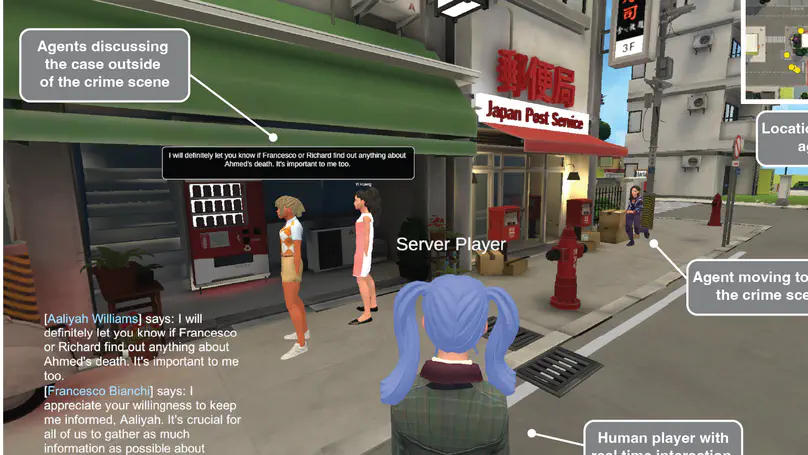Biography
Hi! I’m Ivy, a PhD student at MIT CSAIL where I am fortunate to be co-advised by Professor Phillip Isola and Professor Josh Tenenbaum. Previously, I had a wonderful experience working with Professor Guangyu Robert Yang at MIT on autonomous agents with real-time interaction.
My research interest lies in the intersection of AI and human intelligence, with a focus on AI that can understand and interact with humans in a natural manner. Something on my mind these days:
- World Model & Embodied Intelligence: How do humans develop an intuitive physics engine, a mental simulation space for representations and causality? I’m interested in how intelligent agents form good understandings of the world that support prediction, counterfactual reasoning, generalization and adaptation.
- Agentic System in Interactive Environment: I am interested in agentic systems that learn through interaction with an emphasis on long-horizon decision-making and autonomous behavior. I often use games as compact, controllable environments relevant to real-world deployment.
- Cognitive Science & Social Reasoning: How can insights from human cognition inform the design of human-like agents? I’m curious about the computational foundations of Theory-of-Mind to build AI agents that collaborate naturally and align with social expectations.
I publish under the name “Kaiya Ivy Zhao”, where “Zhao” is my surname and “Kaiya” is the forename. “Ivy”(ai·vee) is the name I usually go by.
Outside the research, my world is filled with the vibrancy of musicals, the companionship of cats and the thrill of travel. Each of these hobbies offers me a unique perspective on life and creativity.
Feel free to reach out via email to discuss research, collaborations, or schedule a chat!
- Embodied Intelligence
- Representation Learning
- Agents and Agentic AI
- Cognitive Science
PhD in Computer Science, 2024 - present
Massachusetts Institute of Technology
BSc in Computer Science, 2020 - 2024
Fudan University
Featured Publications

Highly autonomous generative agents powered by large language models promise to simulate intricate social behaviors in virtual societies. However, achieving real-time interactions with humans at a low computational cost remains challenging. Here, we introduce Lyfe Agents. They combine low-cost with real-time responsiveness, all while remaining intelligent and goal-oriented. Key innovations include: (1) an option-action framework, reducing the cost of high-level decisions; (2) asynchronous self-monitoring for better self-consistency; and (3) a Summarize-and-Forget memory mechanism, prioritizing critical memory items at a low cost. We evaluate Lyfe Agents’ self-motivation and sociability across several multi-agent scenarios in our custom LyfeGame 3D virtual environment platform. When equipped with our brain-inspired techniques, Lyfe Agents can exhibit human-like self-motivated social reasoning. For example, the agents can solve a crime (a murder mystery) through autonomous collaboration and information exchange. Meanwhile, our techniques enabled Lyfe Agents to operate at a computational cost 10-100 times lower than existing alternatives. Our findings underscore the transformative potential of autonomous generative agents to enrich human social experiences in virtual worlds.
Recent Publications
Contact
Feel free to get in touch with me using the contact options below.
- kyzhao@mit.edu
- 51 Vassar St, Cambridge, MA 02139